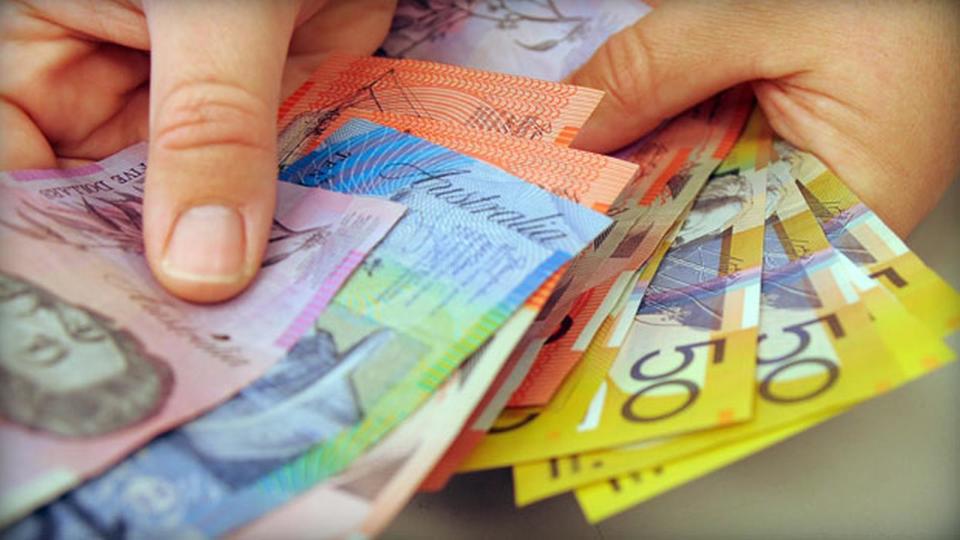Cashback offers: Are they really worth it?

You’ve probably noticed cashback offers mentioned as you browse different financial products online – they’re generally used as an incentive to get consumers to sign up and while it can be tempting, it’s important to understand the ins and outs of these offers.
However, as with most things, it’s important to do your groundwork to make sure you understand the finer details of cashback product so you can decide if it’s worth applying for one.
Also read: Aussie dollar under pressure again
Cashback credit cards are particularly common within the Australian marketplace, with some cards offering introductory cashback promotions and others earning cash as a percentage of your spend.
So let’s unpack the details of cashback offers to make it all a bit clearer.
How do cashback offers work?
Cashback is commonly offered on credit cards, home loans and transaction accounts. Most products require you to meet basic eligibility requirements such as being at least 18 years old, holding Australian residency and earning a minimum income.
Providers will also list specific conditions you need to meet to be entitled to the cashback. Some give you an upfront plug of cash just for signing up to a product before a set date, while others require you to spend your money in a certain way to be entitled to to the reward. For example, some credit cards offer a high cashback rate on particular transaction types, such as groceries or petrol.
Also read: Your money would go further in this state
Perks of cashback offers
Cashback offers are a simple and easy way for you to be rewarded for your spending. For example, if your credit card has a cashback rate of 2% and you spend $1,000 on an eligible purchase, you’ll get $20 cashback. Although this doesn’t sound like much, over time you can unlock more cash rewards.
This saves you browsing through rewards catalogues to see how you can spend the points you’ve earned – instead, you can pocket the cash and spend it whenever and on whatever you please!
You may also have the option of redeeming this cash in multiple ways. For example, you may be able to put this cash towards travel upgrades, receive gift cards (if you know you spend a lot at a department store, for example) or put it towards paying the fees or outstanding balance on your financial product.
Things to watch out for
When compared to products with no frills, you might find some banks will charge high fees and interest rates on products with cashback offers. For example, the annual fee on a credit card, can range from $49 to $425 – so it pays to do your homework! Before you sign up to a product, take the time to read the nitty gritty details in the terms and conditions and the product disclosure statement (PDS) to ensure the cashback benefit you’re getting is greater than any associated fees and charges that come with the product
Keep in mind that providers can calculate the cashback in different ways. Some may offer a one off introductory cashback offer (common for home loans), while others allow you to earn cashback on an ongoing basis, possibly with a cap on how much you can earn.
Some may restrict the cashback you can earn on your spending during a certain period (eg. first 3 months) and others may impose an overall minimum spend amount to be entitled to the cashback. Make sure your individual spending habits meet the spending requirements so you don’t risk forfeiting the cashback reward!
Regardless of your needs, make sure you don’t apply for a product solely for the cashback benefit. If you fall into too much debt, or apply for too many credit cards (just to get an upfront cashback offer) your credit score could be affected which could put the brakes on your future financial goals.
While cashback offers can be a good way to boost your savings, make sure you understand whether or not they will benefit your needs. Remember to do your research, compare your options and seek some professional advice if you’re still unsure.
Bessie Hassan is a money expert at finder.com.au

 Yahoo Finance
Yahoo Finance 

